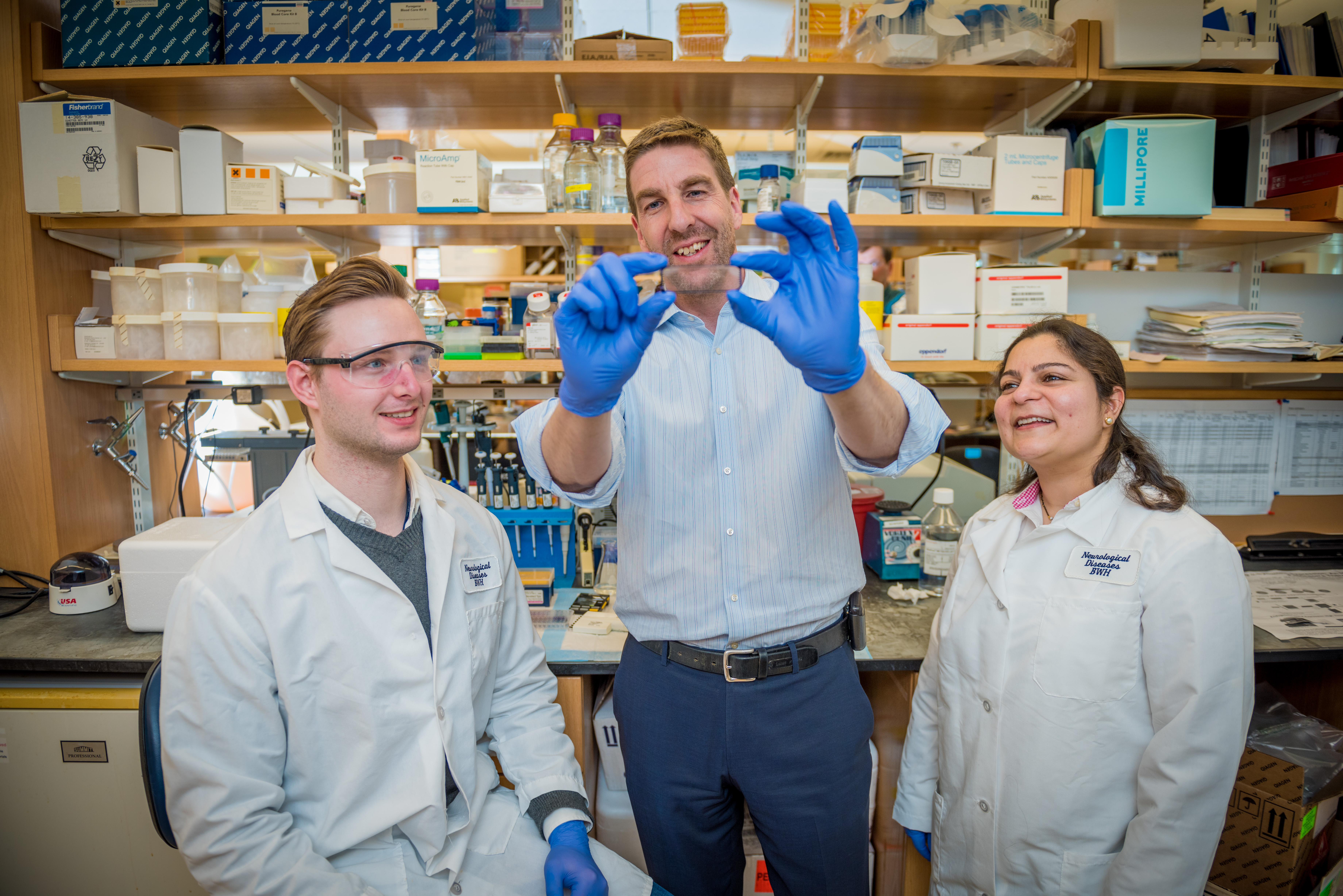 Recent research into preventing the Lewy bodies that are a hallmark of Parkinson’s disease raises the possibility of a new path for drug development: repurposing existing asthma drugs to turn down production of alpha-synuclein.
Recent research into preventing the Lewy bodies that are a hallmark of Parkinson’s disease raises the possibility of a new path for drug development: repurposing existing asthma drugs to turn down production of alpha-synuclein.
“Our study suggests a potential new pathway to target Parkinson’s,” says senior author Clemens R. Scherzer, MD, a neurologist and director of the Precision Neurology Program at Brigham and Women’s Hospital (BWH) and director of the Neurogenomics Laboratory at Harvard Medical School and BWH. “We hope it will speed up drug development for patients with the disease and inspire therapeutic strategies for other brain diseases.”
Traditional drug development approaches for Parkinson’s have focused on clearing abnormal clumps of alpha-synuclein (Lewy bodies) from the brain or on preventing its downstream effects. Instead, the researchers from the Ann Romney Center for Neurologic Diseases at BWH set out to find ways to prevent alpha-synuclein from accumulating in the first place.
First, the team grew neuronal cells in the lab and treated them with more than 1,100 different compounds (drugs already approved for treating diseases other than Parkinson’s as well as vitamins and supplements), looking for any that lowered expression of the alpha-synuclein gene. Beta2-adrenergic agonists were found to be the most promising candidates.
Then they studied the effects of this class of drugs in mice and stem cells from patients, finding that it could significantly reduce alpha-synuclein levels. With collaborators from the University of Bergen, they combed a prescription registry of more than four million Norwegians, pulling out information on patients who had taken salbutamol, a beta2-adrenergic agonist commonly used to treat of asthma.
They found that the risk of developing the disease was reduced by 34 percent in people who had taken the drug compared to those who had not. People with the highest cumulative dose had the strongest protection, Dr. Scherzer notes.
Conversely, people taking propranolol, an anti-hypertension drug that increased alpha synuclein production in cultured cells, were at greater risk for developing Parkinson’s. The work was published in the September 2017 issue of Science.
Drug repurposing can speed up the time from research to patients by years. “We are working towards clinical trials to determine if beta2-agonists can be translated into patient care. We do not recommend off label use,” says Dr. Scherzer. “Epidemiologic studies in additional populations are warranted to clarify the association between propranolol and Parkinson’s risk.”